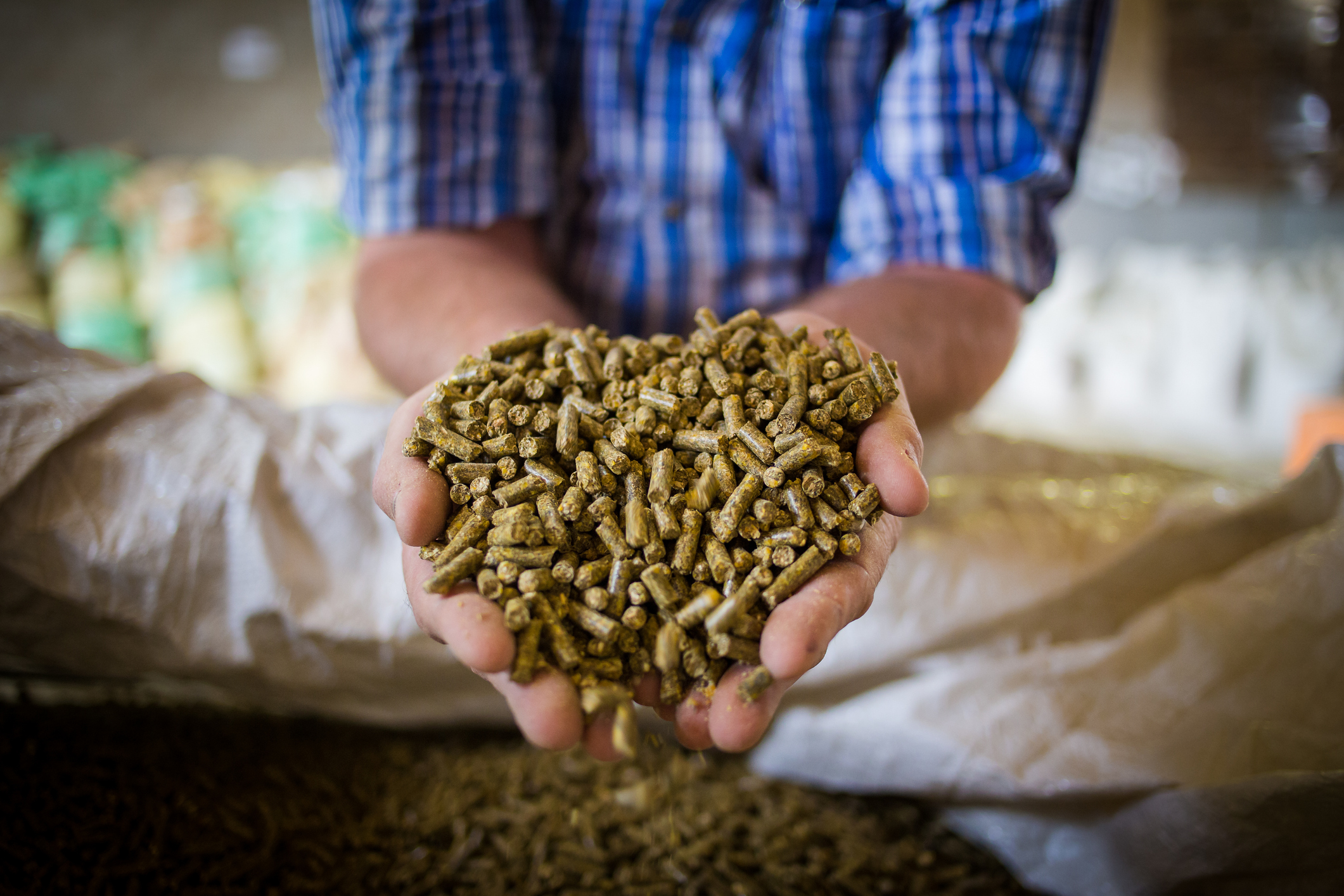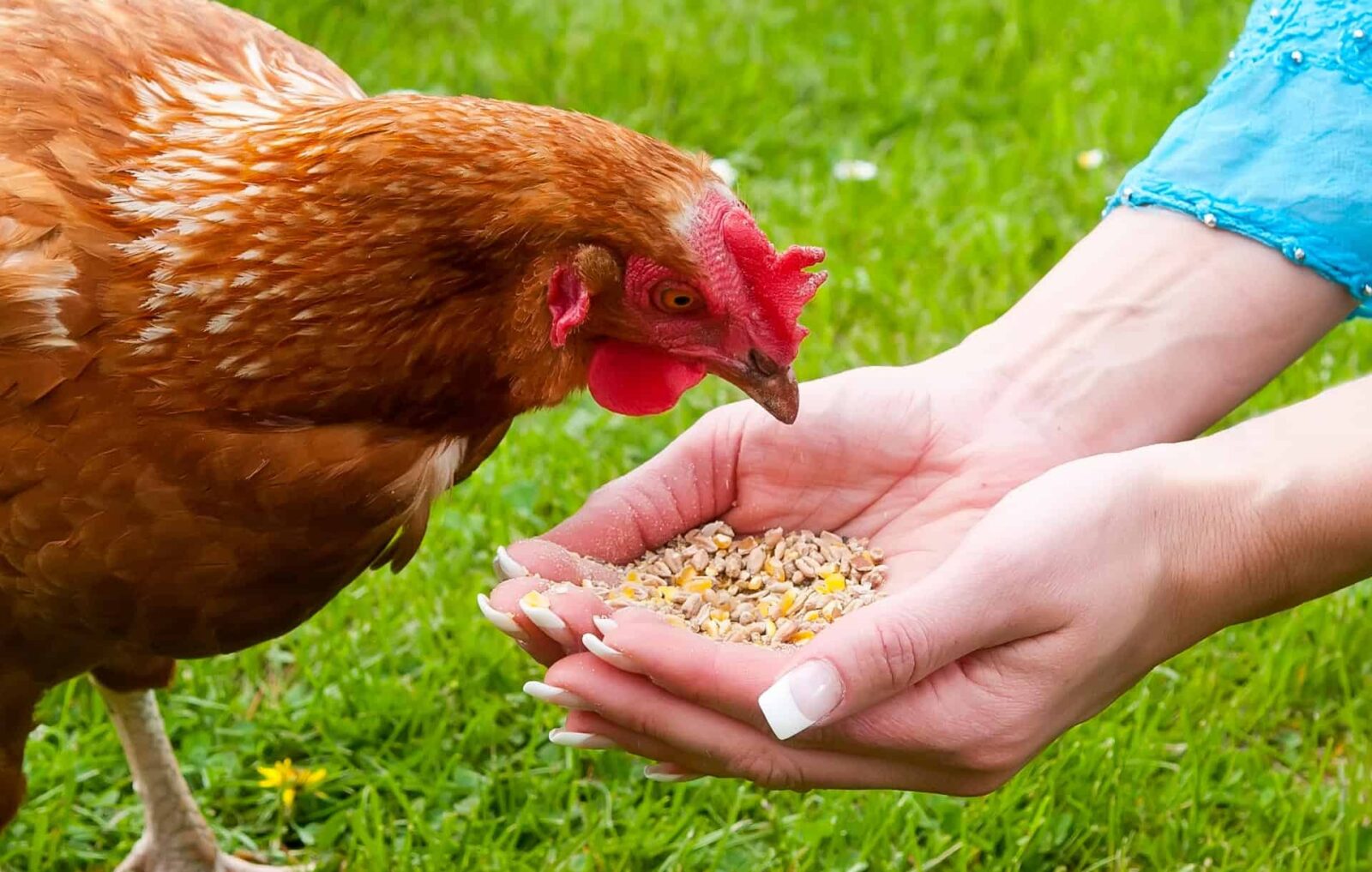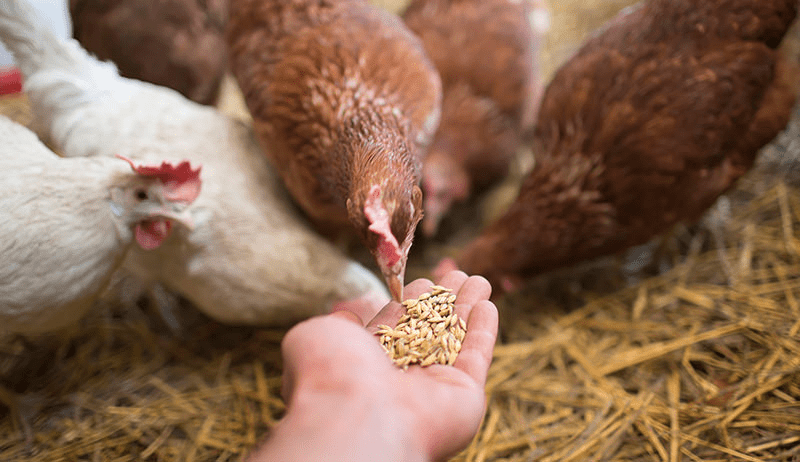Feed Your Good Wolf: Cultivating Inner Strength With Insights From Mike Wolfe And Timeless Wisdom
Have you ever felt like there's a constant tug-of-war happening inside your mind, a battle between what feels right and what might lead you astray? It's a feeling many of us know quite well, a quiet struggle that shapes our days and, in a way, our very lives. This inner contest, you see, is often described through an old, powerful story about two wolves living within us. One wolf, it’s said, embodies things like anger, greed, jealousy, and fear. The other, however, stands for love, peace, generosity, and faith. The big question, the one that truly matters, is which one grows stronger.
The simple, yet profound, answer to that question is: the one you choose to nourish. This idea, so basic yet so deep, holds a lot of power for anyone looking to live a more fulfilling life. It’s about what we give our attention to, what we focus on, and what we let take root in our thoughts. When we make conscious choices to emphasize the positive, to build up what is good, we are, in essence, feeding that good wolf within us. It’s a practice that can really change how we see the world and how we move through it.
This idea of "feeding your good wolf" isn't just an old story; it's a practical guide for daily living, a way to navigate life's challenges with more grace and strength. And, you know, when we look at public figures, like Mike Wolfe, known for his adventures and interactions, we can perhaps see how this very principle might play out in their lives too. While he might not use these exact words, the choices he makes, the way he approaches his work and his relationships, can offer a lens through which to consider how one might feed their own good wolf. It’s a very interesting thought, isn't it?
Table of Contents
- The Parable of the Two Wolves: A Timeless Teaching
- Who is Mike Wolfe and His Connection to the Good Wolf Concept?
- What Feeds Your Good Wolf?
- What Feeds the Evil Wolf and How to Avoid It
- Practical Tips for Daily Nourishment
- The Impact of Your Social Circle
- Conclusion: Choosing Your Inner Narrative
- Frequently Asked Questions About Feeding Your Good Wolf
The Parable of the Two Wolves: A Timeless Teaching
The story of the two wolves, often attributed to Cherokee wisdom, is a powerful way to think about our inner lives. It describes a conversation between an old elder and his grandson. The elder tells the boy about a fierce battle happening inside every person. One wolf, as we mentioned, represents all the challenging parts of human nature: anger, envy, sorrow, regret, greed, arrogance, self-pity, guilt, resentment, inferiority, lies, false pride, superiority, and ego. It's a pretty long list, isn't it?
The other wolf, on the other hand, embodies all the qualities we admire and strive for: joy, peace, love, hope, serenity, humility, kindness, benevolence, empathy, generosity, truth, compassion, and faith. The grandson, naturally, asks which wolf will win this internal struggle. The elder’s reply is simple, yet it carries so much weight: "The one you feed." This straightforward answer, you see, cuts right to the heart of personal choice and responsibility.
This parable isn't just a quaint tale; it's a foundational principle for personal growth and well-being. It suggests that our internal state, our character, and our overall life experience are not predetermined. Instead, they are a direct result of the thoughts, feelings, and actions we choose to cultivate. It really does put the ball in our court, doesn't it?
- Mike Wolfs Death
- Carin Leon Wife
- Roland Story Football Coach Fired
- Luis Miguel Brother Sergio
- Faye Dunaway Spouse
Who is Mike Wolfe and His Connection to the Good Wolf Concept?
When we talk about "feed your good wolf Mike Wolfe," it's interesting to consider how this timeless wisdom might apply to someone like Mike Wolfe, the well-known personality from the show "American Pickers." Mike Wolfe has made a name for himself by traveling across the country, seeking out hidden treasures and historical items. His work often involves meeting new people, hearing their stories, and uncovering pieces of the past. This kind of work, you could say, offers many opportunities to practice the principles of feeding the good wolf.
Think about it: on his road trips, Mike encounters all sorts of situations and individuals. He needs patience, curiosity, and a positive outlook to succeed in his unique profession. He is, you know, constantly engaging with different people and their varied perspectives. These interactions, in a way, provide a real-world setting for choosing how to respond, whether with understanding and generosity, or with impatience and judgment. It’s a very public example of navigating life’s complexities.
The provided information also mentions another Michael (Mike) Wolfe, who was welcomed as Senior Vice President, Regional Operations at Merchants Insurance Group. This shows that the name "Mike Wolfe" can refer to different individuals, each with their own path and opportunities to apply life's lessons. For the purpose of this discussion, we'll mostly focus on the Mike Wolfe associated with road trips and companions like Danielle Colby, his younger brother Robbie, and Jersey Jon Szalay, as his public life offers more visible examples for our topic. It’s just a little clearer to illustrate the points this way.
Personal Details and Bio Data: Mike Wolfe (American Pickers)
| **Known For** | Co-host of "American Pickers" |
| **Occupation** | Antique picker, television personality |
| **Key Activities** | Traveling on road trips, searching for antiques, interacting with various people |
| **Notable Companions** | Danielle Colby, Robbie Wolfe (younger brother), Jersey Jon Szalay |
What Feeds Your Good Wolf?
Feeding your good wolf involves making intentional choices that nurture positive aspects of yourself. It's about what you choose to focus on, what you take in, and how you react to the world around you. This isn't just about wishful thinking; it's about practical, everyday habits that build inner strength and resilience. It's a pretty active process, you know.
Anchoring in God's Word and Life Mission
For some, a deeply important way to feed the good wolf is by anchoring their identity and life mission in God's word. This kind of spiritual foundation can provide a steady guide, especially when things feel uncertain. It offers a framework for understanding purpose and making choices that align with a higher calling. This can be profoundly important, offering a sense of peace and direction that helps you navigate life's many challenges.
When your identity is rooted in something bigger than yourself, it can help you maintain perspective and avoid getting pulled into negative thought patterns. It's about having a clear sense of who you are and what you stand for, which then guides your actions. This kind of anchoring, you see, creates a strong internal compass.
The Power of Positive Mindset
What we choose to emphasize in our complex personal histories and daily experiences will, in a way, determine our lives. This means that feeding the good wolf is about consciously choosing a positive mindset. It’s about learning to identify and transform negative thought patterns into a more constructive outlook. For example, instead of dwelling on what went wrong, you might focus on what you learned or how you can improve next time.
This isn't always easy, but it's a skill you can develop over time. It involves monitoring what you tell yourself and always aiming to feed the good wolf, not the bad one. This is, honestly, one of the most important life lessons you can ever learn, understanding that this choice is yours alone. It’s a very empowering idea, actually.
Nurturing Through Gratitude and Meditation
Discovering the power of positive energy and thoughts in shaping your internal narratives is a key part of this process. Learning how to nourish the good wolf within you can happen through practices like gratitude and meditation. Gratitude, for instance, involves actively recognizing and appreciating the good things in your life, no matter how small. This simple practice can shift your focus from what you lack to what you have, creating a more positive internal environment.
Meditation, on the other hand, helps you quiet your mind and become more aware of your thoughts without judgment. It’s a way to create space between you and your reactions, giving you more control over which wolf you feed. If you've struggled to stick with a meditation practice, perhaps exploring resources like "The Good Wolf Feed" monthly newsletter or podcasts like "The One You Feed," hosted by Eric Zimmer, might help. Eric, you know, turned his life around from homelessness, offering a powerful example of transforming one's life. These tools can really support your journey.
Intentional Choices for Courage, Wisdom, and Connection
Small, intentional choices can help us cultivate courage, wisdom, and connection in our daily lives. These aren't grand gestures, but rather consistent, small steps. For example, choosing to listen patiently, offering a kind word, or seeking out new knowledge are all ways to feed your good wolf. These choices, you see, build up over time, creating a stronger, more positive inner landscape.
It’s about being mindful of your actions and their impact on your inner world. Every time you choose to act with integrity, to show compassion, or to learn something new, you're making a deposit into the good wolf's strength. This process is, you know, very much like building a muscle; consistent effort brings noticeable results.
What Feeds the Evil Wolf and How to Avoid It
Just as there are actions that strengthen the good wolf, there are behaviors that empower the evil wolf. We end up feeding the evil wolf when we engage in certain patterns of thought and action. For instance, when we gossip about others, we're giving energy to negativity and judgment. Taking things personally, too, can fuel resentment and self-pity, making the evil wolf grow bigger.
Looking for opportunities to be offended is another way to nourish the evil wolf. This mindset seeks out reasons to be upset, rather than finding understanding or forgiveness. Discounting the positive in our lives, focusing only on what's wrong or missing, also gives strength to the negative side. These actions, you know, create a cycle of unhappiness and can be quite draining.
To avoid feeding the evil wolf, it's helpful to become aware of these patterns. When you catch yourself about to gossip or take something personally, you can consciously choose a different path. It's about interrupting the negative cycle and redirecting your energy. This takes practice, but it's a very worthwhile effort.
Practical Tips for Daily Nourishment
So, how do you actually put this into practice every single day? It starts with awareness. Pay attention to your thoughts and feelings throughout the day. When a negative thought pops up, simply notice it without judgment, and then gently try to reframe it or let it go. This simple act of observation can make a big difference.
Consider starting your day with a moment of gratitude. Just a few minutes thinking about things you appreciate can set a positive tone. Perhaps keep a small journal where you write down three good things that happened each day. This, you know, really helps to train your mind to look for the positive.
Engage in activities that genuinely make you feel good and bring you joy. This could be anything from spending time in nature, pursuing a creative hobby, or connecting with loved ones. These are, in a way, direct nourishment for your good wolf. Also, remember to be kind to yourself; nobody's perfect, and setbacks happen. Just gently guide yourself back to feeding the good wolf.
The Impact of Your Social Circle
Gaining positivity and an ability to feed the good wolf will, very likely, require you to hang less around those who consistently choose to feed the wrong wolf. The people you spend time with have a significant influence on your mindset and energy. If your circle is full of negativity, gossip, and constant complaining, it becomes much harder to cultivate your own positive outlook. It’s almost like trying to swim against a strong current.
This doesn't mean you need to cut people out of your life entirely, but it might mean setting boundaries or consciously seeking out more uplifting connections. Look for people who inspire you, who encourage growth, and who genuinely celebrate your successes. Surrounding yourself with positive influences is, you know, a very powerful way to support your own journey of feeding the good wolf.
Just as you choose what thoughts to feed, you also choose, to some extent, the energy you allow into your life through your relationships. This choice is, quite frankly, essential for character development, performing with integrity, and becoming a true example of inner strength. Learn more about personal growth strategies on our site.
Conclusion: Choosing Your Inner Narrative
The timeless parable of the two wolves offers a clear path for cultivating a life filled with purpose and positive energy. It reminds us that the internal battle is won not by fighting the bad, but by strengthening the good. By making conscious choices about our thoughts, actions, and even the company we keep, we can profoundly shape our inner world. This means embracing practices like gratitude, meditation, and anchoring our lives in values that truly matter.
Whether you are a public figure like Mike Wolfe, navigating road trips and unique encounters, or simply someone trying to live a more fulfilling daily life, the principle remains the same. Every small, intentional choice you make to cultivate courage, wisdom, and connection feeds that good wolf within you. It's a continuous process, a daily commitment to nurturing your inner strength. So, you know, what will you choose to feed today? We encourage you to explore further insights into cultivating a positive mindset by linking to this page here.
Frequently Asked Questions About Feeding Your Good Wolf
**Q: What does "feed your good wolf" mean in simple terms?**
A: It means choosing to focus on and strengthen the positive parts of yourself, like kindness, peace, and love, rather than the negative parts, such as anger or jealousy. It's about giving your energy to what helps you grow in a good way.
**Q: How can I start feeding my good wolf every day?**
A: You can start by practicing gratitude, even for small things, meditating for a few minutes, or choosing to respond to situations with patience and understanding. Being mindful of your thoughts and trying to reframe negative ones is also a great step.
**Q: Is there a specific connection between Mike Wolfe and the "good wolf" parable?**
A: While Mike Wolfe, particularly the one from "American Pickers," is not explicitly stated to use this parable in his personal philosophy within the provided text, his public life and the way he approaches challenges on his road trips can be seen as an example of someone who, through his actions, might be feeding his good wolf. It's about applying the concept to a public figure's approach to life.

Links between nutrition and health focus of Animal Nutrition Conference

Our Guide to the Best Chicken Feed - Critter Ridge

The Best Chicken Feed for Your Flock: Selecting The Right Feed